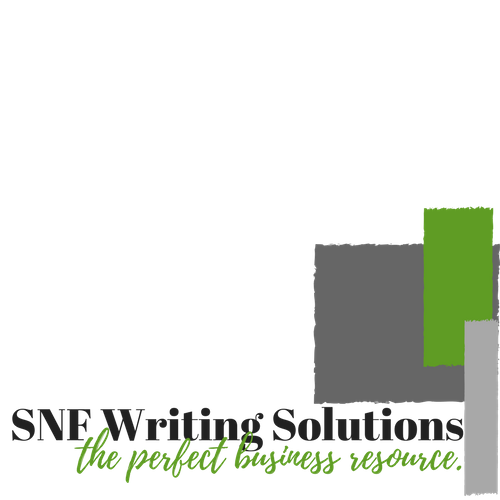Yes, the F is for Fitzsimmons, and the Luck o’ the Irish is in my family’s blood.
What I often contemplate in the proposal writing world is the proportion of a win that is skill and the portion that is luck.
Skill
As a professional planner and writer, it is often hard to contemplate how others will interprete our words: will they be able to see the vision? Will they feel our passion? Will our voice be heard? There is most certainly a skill in portraying, in the written word, what it is that you most passionate about in a way that makes the reader want to stand up and be your cheerleader and take up your cause. But is that the only thing in play?
The reader is the other side of the equation. What kind of day are they having? What are their demographics? Do they have any good or bad experiences related to what you would like to pursue? Do they already have their mind made up on our issue? Is their opinion for or against our position?
Taking into consideration all of these questions, I am lead to believe that a successful proposal is a blend of both innate skill and just a hint of luck.
Why?
The ability to follow directions lies in our hands.
We are all quite capable of following the rules, matching response to the request, and being clear and concise without a lot of jargon.
The RFP provides a guide and outline for what the response should contain…follow that outline! Use headers to demonstrate you are following the outline and are answering each question. Leave a trail for the reviewer to follow to check off all of the requirements. Use the same order in your response as they provided in the RFP. Then spend a moment in their shoes, would you be able to quickly run through the RFP requirements and identify each section and question? If you think the answer is yes, have someone else read through the requirements and your response. Another set of eyes can help to be sure that what you intended is coming through.
Here is the big secret: Don’t make the reviewer think too much!
There are ways to determine what you will face on the review side. Attend pre-conference workshops, calls, webinars. Determine what the hot buttons are for the proposal. There is a lot of context that can be gained from the RFP background and purpose section. Glean what you can. Channel your intuitive side (if you don’t have one, borrow someone who does!). What is said between the lines that you can use to write to the unsaid? Having this insight can make the difference between staying out of trouble and stepping into a big pile of…political or other agenda.
Do your homework to know if there is an incumbent and the status of that relationship. If it is a new project, determine what the catalyst was for the project. Being able to speak to the original need can be a tremendous asset.
Another track is to review previously successful proposals for trends in what works and common themes. With the Freedom of Information Act, you can request government-related proposal responses. Private RFPs become a bit more complicated. Knowing what worked before can set you on the right path.
Write with clarity and without jargon. If you think a million dollar word will impress, think again. Make it easy to read and the reviewer will focus more on the concept and approach rather than being distracted by the words. Don’t get so wrapped up in trying to impress that you alienate the reader. Do you really need to use “contusion” when ” bruise” will do?
With a well-organized and well-written proposal for a well-thought out program, well, you’ve done your part.
Now luck kicks in.
Luck
No matter how good the proposal, the final decision is out of our control. It’s the hardest part of proposal writing. After several weeks of ultimate control in the process and writing, we are suddenly at the mercy of others. Not a comfortable place for many of us.
You want a compassionate reviewer that is sensitive to your cause or method. One that is in a good mood with an open mind. Someone that will understand what you are trying to achieve. Someone who can set aside their personal agenda and review with an unbiased lens.
Did I mention that most reviewers are typically volunteers completing their assessments of our work in their spare time? How many hours of spare time would you be willing to give to review a dozen or more proposals like yours?
Make it worth their time and investment in your proposal that is taking away from their work, family, or kids!
…and with any luck you will get that call for a BAFO, interview, or award notification.
Wishing you a lot of luck in your proposal endeavors and reviewer assignment.
With Grantitute,

Stacy Fitzsimmons is the owner of SNF Writing Solutions. She is also both born and married into Irish blood. Happy St. Patrick’s day!

